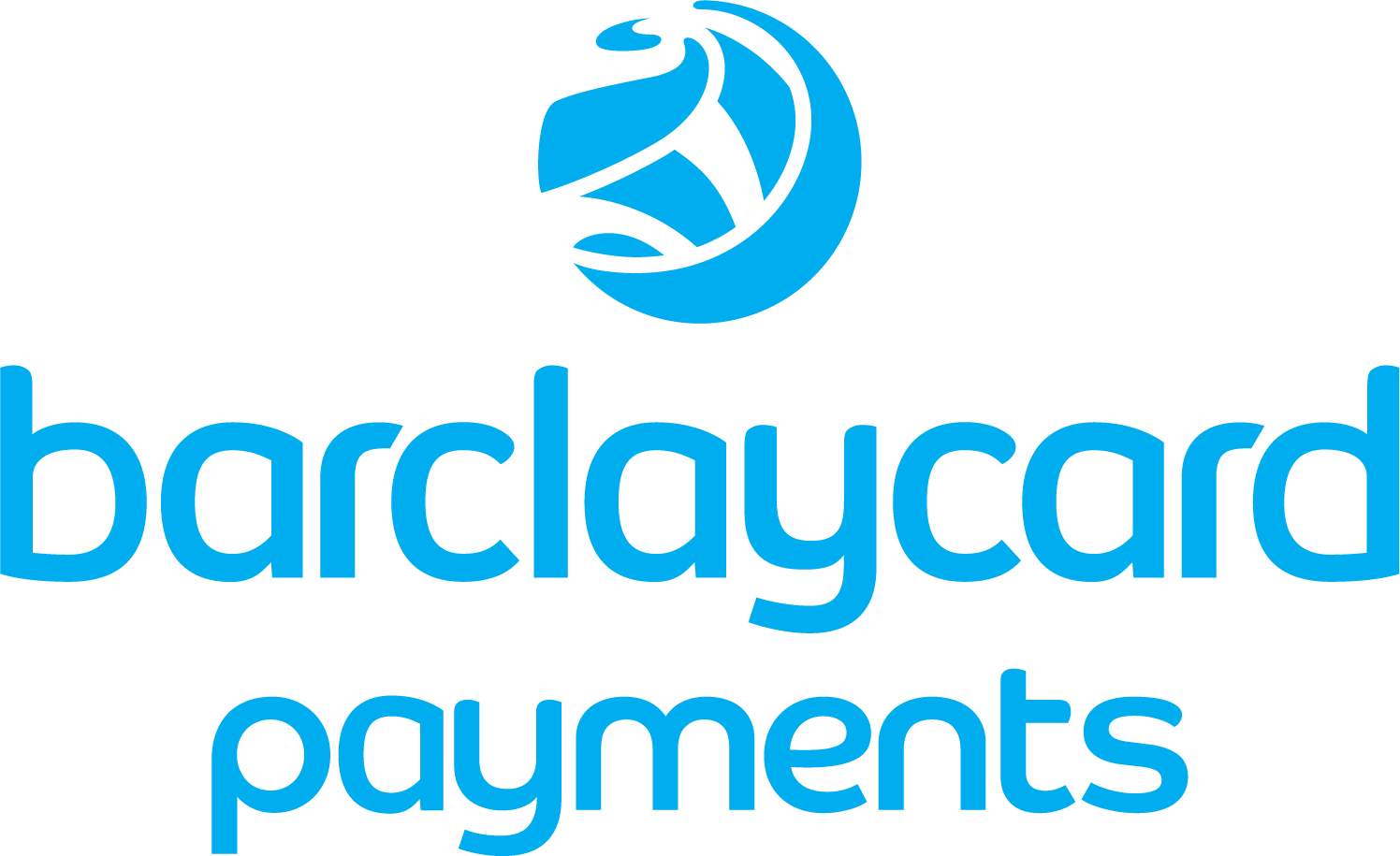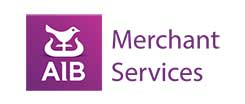- Accept card payments – lowest rates from 0.27%
- Keep your card processing fees to a minimum
- Direct access to the UK’s leading card processing banks
- We ensure your rates always remain competitive
No spam emails or calls
Choose from the payment methods then click Next
What's your turnover each month?
Enter the name of your company
Enter your company's postcode and contact number






The Most Cost Effective Credit Card Processing Options for Businesses
In today’s fast-paced digital economy, accepting credit card payments is no longer a luxury but a necessity for businesses of all sizes. Whether you run a small boutique, an e-commerce store, or a large enterprise, offering customers the ability to pay via credit card can significantly boost sales and improve customer satisfaction. However, with a myriad of payment processing options available, finding the most cost effective credit card processing solution can be a daunting task. This comprehensive guide will explore the key factors businesses need to consider when choosing a payment processor, including transaction fees, monthly fees, hidden fees, and more, to help you make an informed decision.
Understanding Credit Card Processing
Credit card processing is the backbone of modern commerce, enabling businesses to accept and process credit card payments from customers efficiently. This process involves a complex network of banks, payment processors, and credit card companies working in harmony to facilitate transactions. Understanding how credit card processing works is crucial for businesses to navigate the various fees and charges associated with accepting credit card payments.
The credit card processing journey typically involves the following steps:
- Authorization: When a customer makes a purchase, their credit card information is verified to ensure the card is valid and that there are sufficient funds available.
- Capture: The merchant captures the credit card information and sends it to the payment processor for further processing.
- Processing: The payment processor verifies the credit card details and forwards the transaction to the credit card company for approval.
- Settlement: Once approved, the credit card company transfers the funds to the merchant’s bank account.
Businesses can accept credit card payments through various methods, including:
- In-person payments: Customers can make payments in person using a credit card terminal or point-of-sale system.
- Online payments: Customers can make payments online through a payment gateway or e-commerce platform.
- Mobile payments: Customers can make payments using their mobile devices through mobile payment apps or wallets.
By understanding these steps and methods, businesses can better manage their payment processing and minimize associated costs.
Understanding Credit Card Processing Fees
Before diving into the most cost effective credit card processing options, it’s essential to understand the various fees associated with a credit card transaction. These fees can significantly impact your bottom line, especially for small businesses with tight budgets. Here’s a breakdown of the most common fees:
1. Transaction Fees
Transaction fees are charged every time a customer makes a purchase using a credit or debit card. These fees typically include:
- Interchange Fees: Set by card networks (Visa, Mastercard, etc.), these fees are paid to the card-issuing bank and vary based on factors like transaction type, card type, and industry.
- Assessment Fees: Charged by card networks for using their infrastructure.
- Processor Markup: The payment processor’s fee for facilitating the transaction.
2. Monthly Fees
Many payment processors charge a fixed monthly fee for access to their services. This can include:
- Monthly Service Fee: A flat fee for using the payment processor’s platform.
- Minimum Monthly Transaction Fee: If your transaction volume doesn’t meet a certain threshold, you may be charged an additional fee.
3. Payment Gateway Fees
For online payment processing, payment gateways are required to securely transmit transaction data. Some providers charge a separate fee for this service, while others bundle it into their overall pricing.
4. Hidden Fees
Be wary of hidden fees, such as:
- Setup Fees: Charged for initial account setup.
- Early Termination Fees: Penalties for ending your contract before the agreed term.
- Chargeback Fees: Incurred when a customer disputes a transaction.
- Authorisation Fees: Charged for verifying a card’s validity.
5. Additional Fees
Depending on your business needs, you may encounter:
- International Payment Fees: For processing cross-border transactions.
- Debit Card Processing Fees: Often lower than credit card fees but still a consideration.
- Payment Collection Fees: For recurring payments or subscriptions.
Factors to Consider When Choosing a Payment Processor
To find the most cost effective credit card processing solution, consider the following factors:
1. Transaction Volume and Value
- High transaction volumes may qualify you for lower transaction fees.
- Businesses with high-value transactions should look for processors with competitive pricing for larger ticket sizes.
2. Pricing Models
- Flat Rate Pricing: A fixed percentage per transaction, ideal for small businesses with low transaction volumes.
- Interchange-Plus Pricing: Transparent pricing where you pay the interchange fee plus a fixed markup.
- Tiered Pricing: Transactions are grouped into tiers (qualified, mid-qualified, non-qualified), which can lead to higher costs.
3. Payment Methods
Ensure the processor supports all payment methods your customers use, including credit card payments, debit card transactions, and the right online payment method.
4. Integration Options
- For online businesses, compatibility with your e-commerce platform and online payment gateway is crucial.
- For in-person payments, consider point of sale systems that integrate seamlessly with your payment processor.
5. Customer Support
- A reliable payment service provider should offer 24/7 customer support to resolve issues quickly.
6. Contract Terms
- Avoid long-term contracts with early termination fees if possible.
- Look for providers with no setup fees and flexible terms.
Most Cost Effective Credit Card Processing Options for UK Businesses
Here are some of the most cost effective credit card processing options available to UK-based businesses:
1. Square
- Pricing: Flat rate of 1.75% per transaction for in-person payments and 2.5% for online transactions.
- Pros: No monthly fees, no hidden fees, and easy-to-use point of sale systems.
- Cons: Higher fees for high-risk industries.
2. PayPal
- Pricing: 1.2% + £0.30 per transaction for in-person payments and 2.9% + £0.30 for online payments.
- Pros: Widely recognised, easy integration with online payment systems.
- Cons: Higher fees for international payments.
3. Stripe
- Pricing: 1.4% + £0.20 for European cards and 2.9% + £0.20 for non-European cards.
- Pros: Competitive transaction fees, robust API for custom integrations.
- Cons: Requires technical expertise for setup.
4. SumUp
- Pricing: Flat rate of 1.69% per transaction.
- Pros: No monthly fees, affordable for small businesses.
- Cons: Limited features compared to competitors.
5. Worldpay
- Pricing: Custom pricing based on transaction volume and business type.
- Pros: Reliable payment service provider with support for international payments.
- Cons: Higher fees for low-volume businesses.
6. Adyen
- Pricing: Interchange-plus pricing with no monthly fees.
- Pros: Competitive pricing for high transaction volumes, supports multiple payment methods including card payment.
- Cons: Not ideal for small businesses.
Debit Card Processing and Other Payment Methods
Debit card processing is a cost-effective alternative to credit card processing, as it involves drawing funds directly from the customer’s checking account rather than extending credit. This often results in lower fees, making it an attractive option for businesses looking to reduce payment processing costs.
In addition to credit and debit card payments, businesses can accept various other payment methods, including:
- ACH payments: Automated Clearing House (ACH) payments involve transferring funds directly from the customer’s checking account to the merchant’s bank account. This method is often used for recurring payments and can be more cost-effective than credit card transactions.
- Bank transfers: Customers can make payments by transferring funds directly from their bank account to the merchant’s bank account. This method is secure and can be used for larger transactions.
- Online invoicing: Merchants can send invoices to customers electronically, allowing them to make payments online. This method is convenient for both the business and the customer.
- Recurring payments: Merchants can set up recurring payment plans with customers, allowing them to make regular payments automatically. This is ideal for subscription-based businesses.
By offering a variety of payment methods, businesses can cater to different customer preferences and potentially reduce their overall payment processing costs.
Buying Guide: Choosing a Cheap Payment Service Provider
Selecting a cheap payment service provider can significantly impact your business’s bottom line by reducing transaction fees and other charges. Here are some key factors to consider when choosing a payment service provider:
- Transaction fees: Look for providers that offer low transaction fees, especially for debit card transactions. Lower transaction fees can add up to significant savings over time.
- Monthly fees: Consider providers that offer low or no monthly fees, particularly if your business has low transaction volumes. This can help keep your fixed costs down.
- Payment processing fees: Ensure the provider offers competitive payment processing fees, especially for online transactions. Lower processing fees can make a big difference in your overall costs.
- Hidden fees: Be aware of any hidden fees, such as setup fees, cancellation fees, or chargeback fees. These can quickly add up and eat into your profits.
- Online payment processing: If you run an e-commerce business, choose a provider that offers robust online payment processing capabilities. This includes a secure online payment gateway.
- Credit card payments: Look for providers that offer low fees for credit card transactions, especially if you process a high volume of credit card payments.
- Payment gateway: Ensure the provider offers a reliable payment gateway, which is essential for processing online payments securely.
- Card payments: Choose providers that offer low fees for card payments, as this can help reduce your overall payment processing costs.
By carefully considering these factors, you can select a payment service provider that offers the best value for your business.
Emerging Trends in Online Payment Platforms
The landscape of online payment platforms is constantly evolving, with new technologies and innovations emerging regularly. Here are some of the latest trends in online payment platforms that businesses should be aware of:
- Mobile payments: The use of mobile devices for making payments is on the rise. Mobile payment apps and wallets offer convenience and speed, making them increasingly popular among consumers.
- Contactless payments: Contactless payments are becoming more widespread, allowing customers to make payments without physically touching a payment terminal. This method is fast, secure, and convenient.
- Biometric authentication: Biometric authentication, such as facial recognition and fingerprint scanning, is becoming more common. This technology provides an additional layer of security for online transactions, helping to prevent fraud.
- Artificial intelligence: Artificial intelligence (AI) is being used to enhance the payment process, including fraud detection and prevention. AI can analyze transaction patterns and identify suspicious activity in real-time.
- Blockchain technology: Blockchain technology is being leveraged to improve the security and transparency of online transactions. It offers a decentralized and tamper-proof way to record transactions, reducing the risk of fraud.
By staying informed about these emerging trends, businesses can adopt the latest technologies to enhance their payment processes and provide a better experience for their customers.
Tips for Reducing Credit Card Processing Costs
- Negotiate Fees
- If you have high transaction volumes, negotiate lower transaction fees with your payment processor.
- Choose the Right Pricing Model
- Opt for interchange-plus pricing for transparency or flat rate pricing for simplicity.
- Avoid Hidden Fees
- Read the fine print and choose a provider with no hidden fees.
- Use a Business Bank Account
- Some providers offer lower fees if you link a business bank account for electronic funds transfer.
- Monitor Chargebacks
- Implement fraud prevention measures to reduce chargeback fees.
- Compare Providers
- Use comparison tools to find the cheapest credit card processing solution for your needs.
Finding the most cost effective credit card processing solution requires careful consideration of your business’s unique needs, transaction volume, and budget. By understanding the various fees involved, comparing providers, and implementing cost-saving strategies, you can minimise processing costs while offering your customers a seamless payment experience. Whether you’re processing in-person payments or online transactions, choosing the right payment processor can make all the difference in your business’s success.
For UK-based businesses, options like Square, PayPal, and Stripe offer competitive pricing and reliable payment processing services. However, it’s essential to evaluate each provider’s fees, features, and contract terms to ensure you’re getting the best deal. By doing so, you can focus on growing your business while keeping payment processing costs under control.
By following this guide, you’ll be well-equipped to choose the most cost effective credit card processing solution for your business, ensuring a smooth and affordable payment experience for both you and your customers.
Case Studies: Businesses That Have Saved Money with Cheap Credit Card Processing
Real-life examples can illustrate the potential savings businesses can achieve by switching to cheaper credit card processing options. Here are some case studies of businesses that have successfully reduced their payment processing costs:
- GoCardless: GoCardless, a payment processing company, helped its customers save an average of 40% on transaction fees by offering a cost-effective credit card processing solution. This allowed their clients to allocate more resources to other areas of their business.
- Square: Square, a well-known payment processing company, saved its customers an average of 30% on transaction fees by providing a cheap credit card processing solution. This enabled businesses to lower their operating costs and improve their profit margins.
These case studies demonstrate the significant savings that businesses can achieve by choosing a cost-effective credit card processing provider. By understanding the fees and charges associated with credit card processing, businesses can make informed decisions and optimize their payment processing strategies to save money.